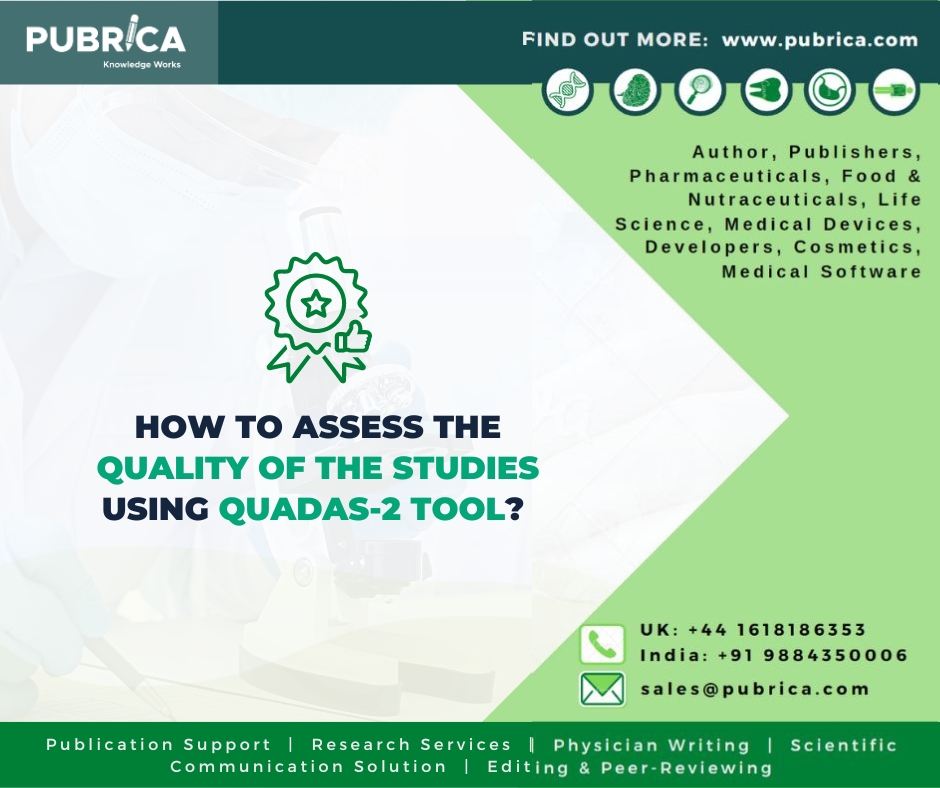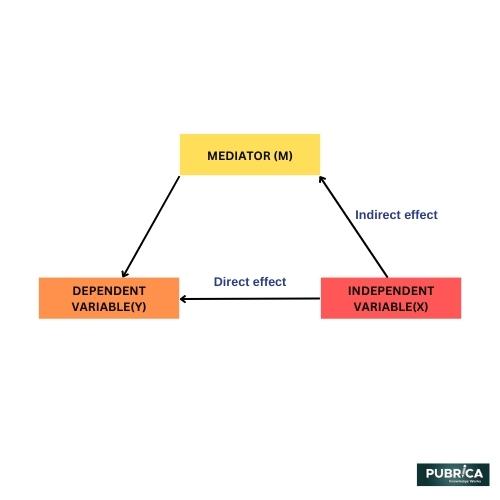
How to assess the quality of the studies using the QUADAS-2 tool?
April 10, 2023
When I should think about Prospective Cohort Study
April 15, 2023Introduction
In research, the terms “dependent variable”, “independent variable”, and “moderator variable” refer to different types of Systematic Review Writing variables that can be used to explore relationships between variables.
- The dependent is the variable that is being measured or observed and is affected by the independent variable. It is also sometimes called the outcome variable or response variable. In other words, it is the variable researchers are interested in explaining or predicting.
- The independent variable is influenced or changed by the researcher to see if it affects the dependent variable. It is also sometimes called the predictor variable or explanatory variable.
- The moderator is a third variable that can affect the correlation between the independent and dependent variables. It modifies the strength or direction of the relationship between the two variables.

Overall, understanding the relationship between dependent, independent, and moderator variables can help researchers design better experiments and interpret their results more accurately.
For example, if a researcher wants to investigate whether a new medication can reduce symptoms of physical activity, the dependent variable would be cardiovascular disease, the independent variable would be the medication, and a possible moderator variable could be the severity of the physical activity.
Here is an illustration of a dependent, independent, moderating research question:
Based on the research question “Does regular physical activity reduce the risk of cardiovascular disease among middle-aged adults over a 10-year period, compared to those who are sedentary?”, here are the possible dependent, independent, and moderating variables:
- Dependent variable: The incidence rate of cardiovascular disease over a 10-year period.
- Independent variable: Regular physical activity, defined as a consistent level of physical exercise or activity performed by the study participants over the 10 years.
- Moderating variables:
- Demographic characteristics, such as age, gender, and ethnicity.
- Lifestyle habits, such as diet, smoking, and alcohol consumption.
- Pre-existing health conditions, such as hypertension, diabetes, or obesity.
- Socioeconomic factors, such as income and education level.
These moderating variables can affect the relationship between physical activity and the incidence of cardiovascular disease. For example, older adults may have a higher risk of cardiovascular disease due to age-related factors, while individuals with pre-existing health conditions may have a higher risk of cardiovascular disease regardless of physical activity level (1). Socioeconomic factors may also influence the ability of individuals to engage in physical activity and access healthcare services.
Conclusion
A good researcher understands that a research question begins with an idea and is then shaped by information from other professionals and sources. The research question evolves into a more specific research hypothesis that predicts a particular relationship between the independent and dependent moderating variables. The researcher carefully selects appropriate levels of the independent variable and decides on the most appropriate type of dependent variable, whether it be a motor response, physiological response, or self-report.
About Pubrica
The team of researchers and writers at Pubrica creates scientific and medical study papers that can serve as invaluable resources for practitioners and authors. Using the reader to inform them of the gaps in the chosen study area, Pubrica medical writers assist you in writing and editing the introduction. Our specialists are conscious of the order in which the general topic, the issue, and the background are followed by the narrow subject where the hypothesis is stated.
References
Hoyle, Rick H., and Jorgianne Civey Robinson. “Mediated and moderated effects in social psychological research.” Handbook of methods in social psychology (2004): 213-233.



